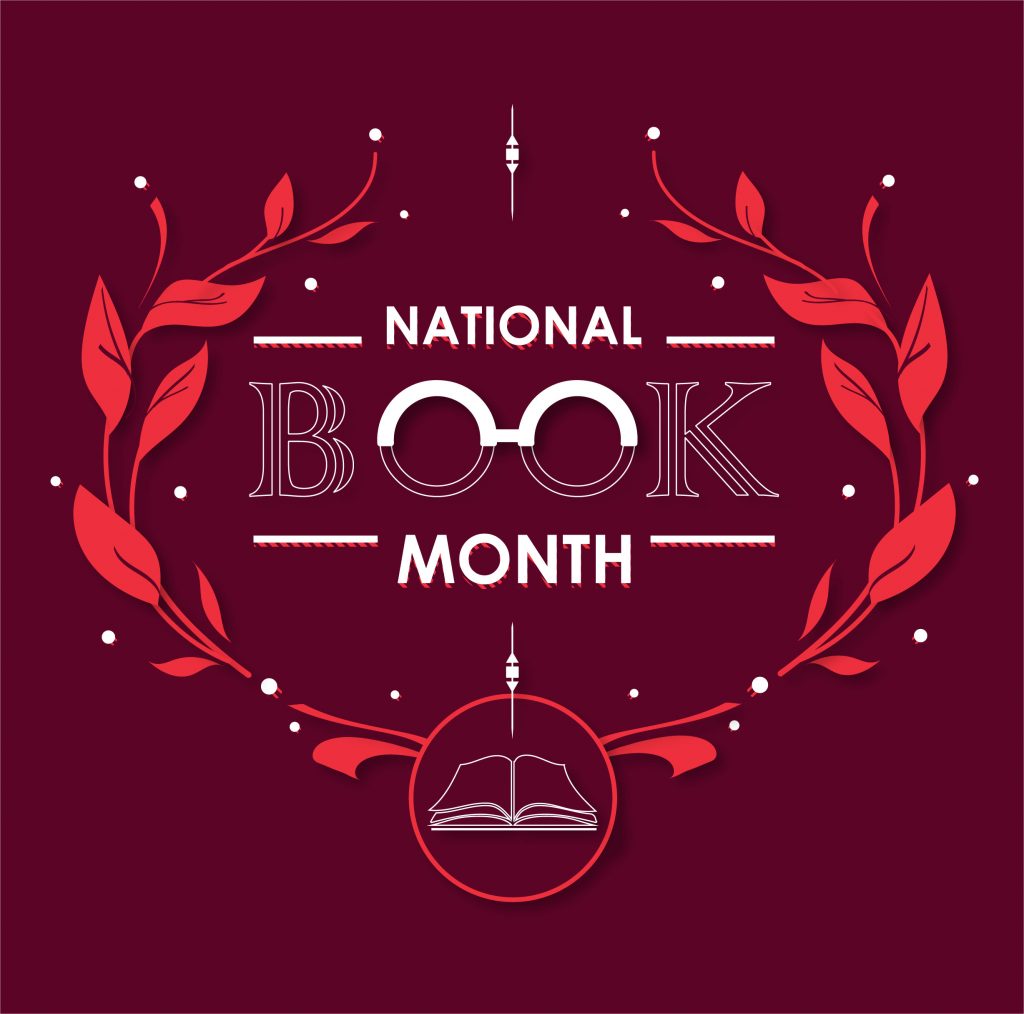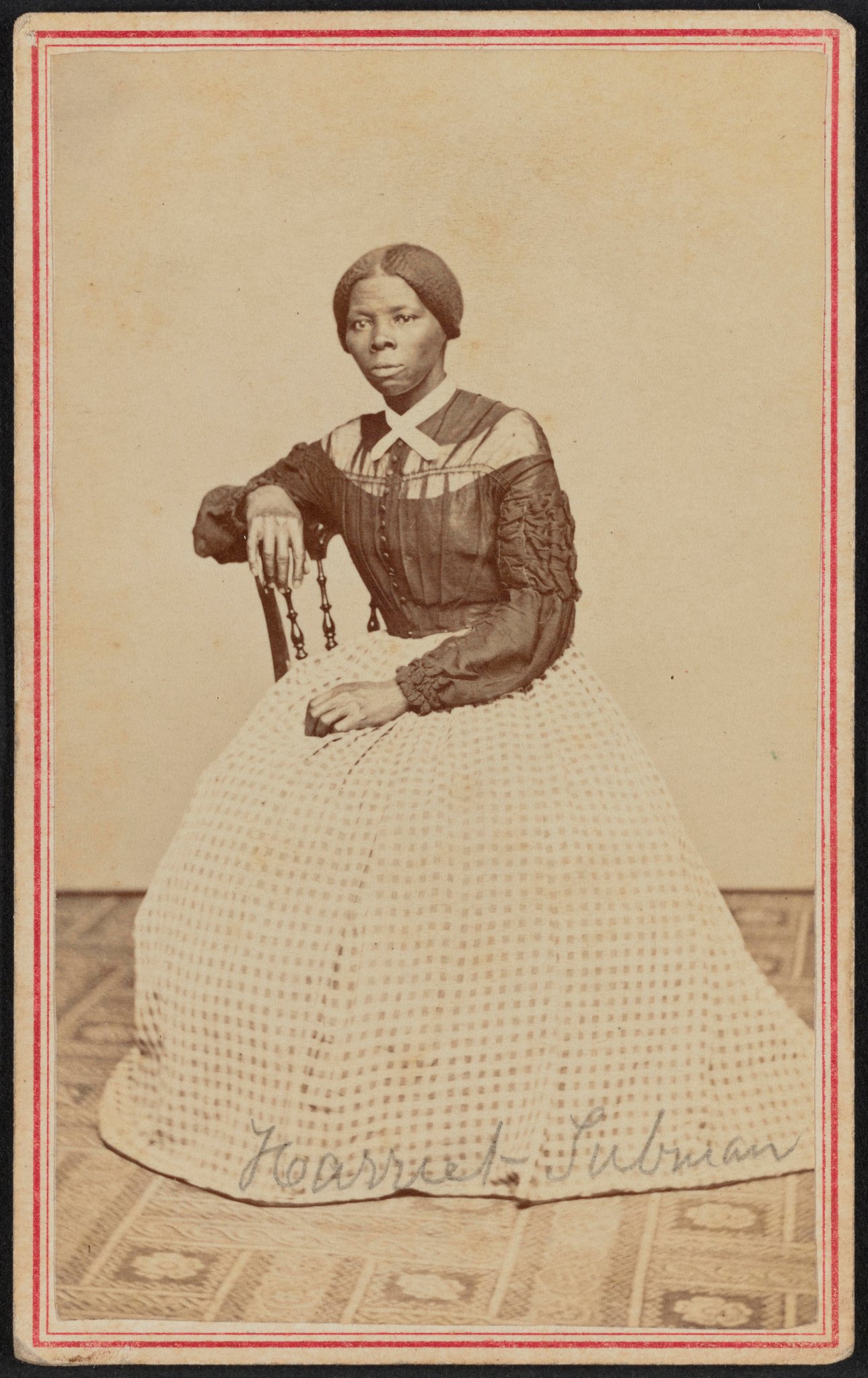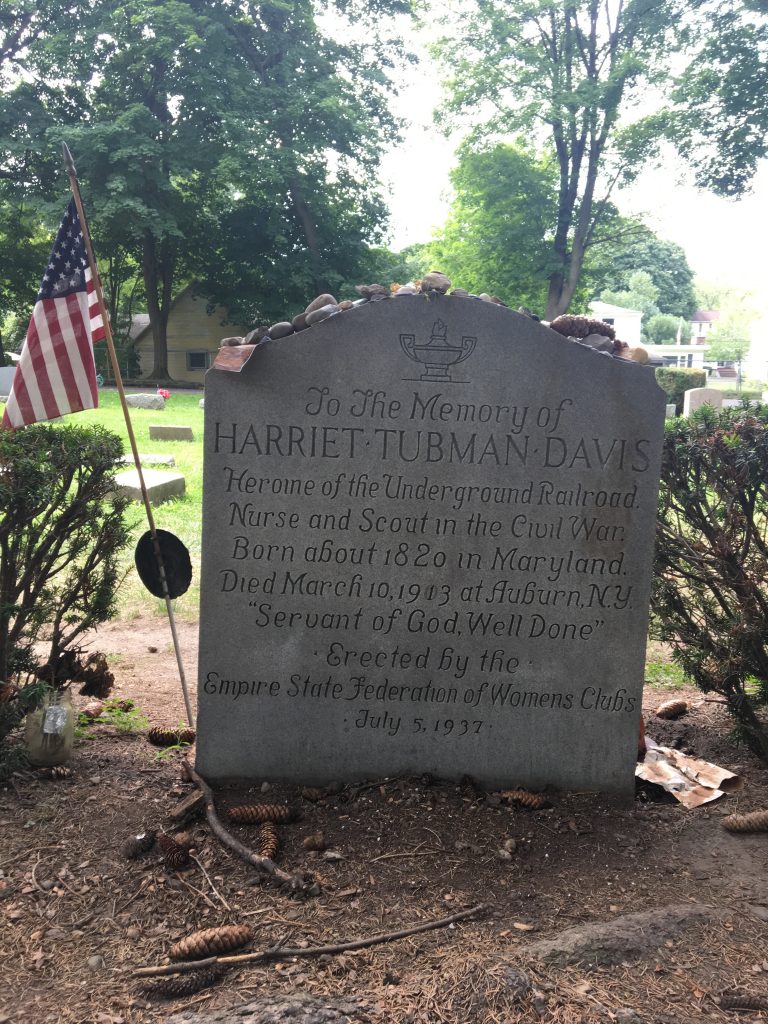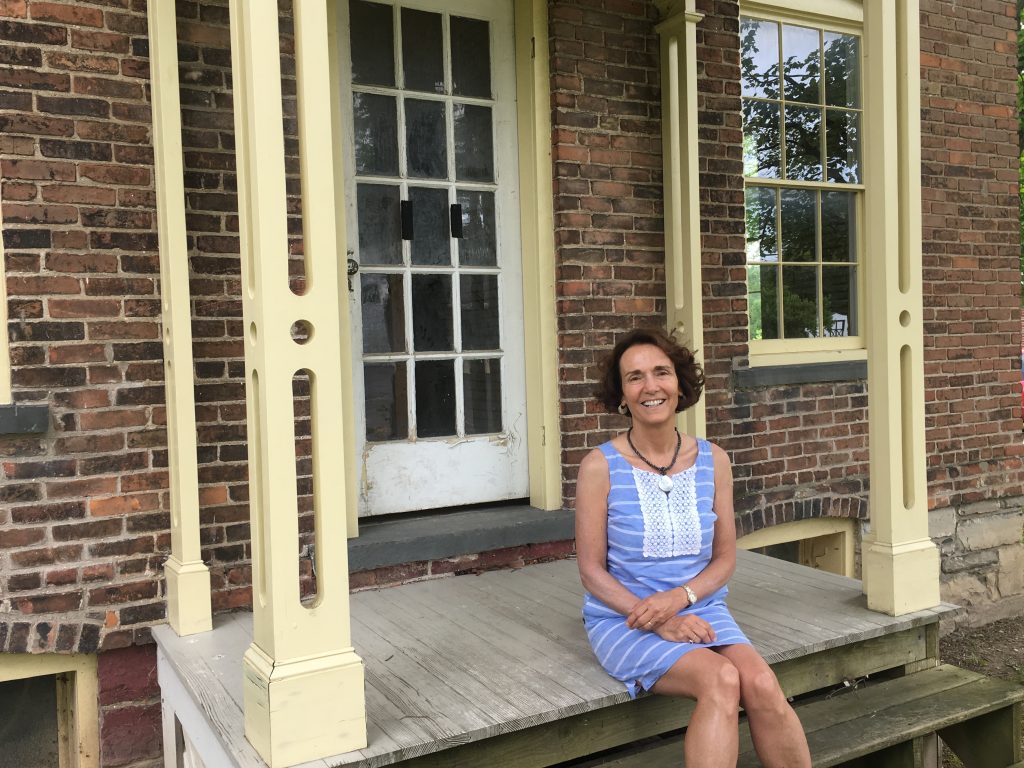National Book Month: Harriet and The Tubman Command
October is National Book Month, and the College of Liberal Arts will be celebrating all month long! For our last feature we talked with historian Elizabeth Cobbs about the national conversation surrounding Harriet Tubman and why American history is needed now more than ever.

By Alix Poth ’18
Unfolding history is a never-ending process; there are always new stories to be found, fresh perspectives to be seen, and old narratives to be more fully recovered. Elizabeth Cobbs, Melbern G. Glasscock Chair in American History and professor in the Department of History, once again took hold of this lofty task and told Harriet Tubman’s story like never before in her new novel, The Tubman Command.
A happy coincidence meant that Cobbs’ novel was published around the same time as the release of the new movie, Harriet (which comes out on Nov. 1). Both of these mediums, however, contribute to a larger conversation around Tubman instigated by the vote to make her the face of the twenty-dollar bill. The vote is what piqued Cobbs’ interest in the first place.
“When the conversation about Harriet Tubman started, I knew only a little bit about her and was wondering ‘why her?’” Cobbs said. “I wanted to know more, but found that few historians had written on Tubman, and none in novel form.”
These questions led Cobbs to do what any good historian would do: dig deeper. As the idea of a novel formed around Tubman’s remarkable story, Cobbs traveled across America to research and experience the same places and settings in which Tubman walked.
“She had a rocking story — she was a spy, a disabled veteran, a romantic,” Cobbs said. “She had an unmatched career and used every tool available to her to make America more free. I really came to care for her story.”
“Celebrating the narratives of national heroes like Tubman shouldn’t belong to a specific political party’s agenda. The story of Harriet Tubman belongs to everyone.”
The Tubman Command follows the life of Tubman and one of her spotlight moments as she leads one of the largest plantation raids in the Civil War. From the author’s website, the book paints the scene of a society marked by the Civil War:
It’s May 1863 and America is soaked with blood. Following massive losses at the Battle of Chancellorsville, the Union Army is exhausted and outgunned. Fort Sumter looms menacingly, guarding the birthplace of the Rebellion with underwater mines and artillery.
In Beaufort, South Carolina, one very special woman is hatching a spectacular plan. Hunted by Confederates, revered by slaves, Harriet Tubman plots a bold and dangerous expedition behind enemy lines to liberate hundreds of bondsmen, recruit them as soldiers, and turn the tide. A bounty on her head, she has given up everything for the noblest cause: a nation of, by, and for the people.
Cobbs is no stranger to having one foot in the world of academia and another in the world of mainstream audiences, something she has always set as a goal in her work. Similar to her successful novel on Alexander Hamilton, Cobbs desired to tell Tubman’s story in a way that could speak to both scholarly and general audiences at the same time.
“Both of these audiences need American history,” she said. “It’s similar to what Lin-Manuel Miranda did with his play, Hamilton… it encouraged the study of American history. You have to engage the hearts and minds of people through stories, movies, plays, to help them also care about the history.”
Telling the story of historic figures like Tubman informs audiences that these heroes were everyday people, Cobbs said; having them on an unattainable pedestal doesn’t do any good. Tubman was brave because she acted in the face of her fears. Especially in a period where women’s history is still obscure or pushed to the side, Cobbs said people want to hear about stories like Tubman’s — and now happens to be the right time to share them.
The liberal arts is at the heart of all of these things. Cobbs noted how the future will be marked by machines that continue to get better at programming, but they will never answer the “why”. Why people do the things they do — and what they should do instead — is the fundamental question of the liberal arts.
“We have to understand the past to notice which trends we should continue and amplify, or which trends we need to be careful not to reinforce. But the stories have to be told in order to understand the trends,” Cobbs said. “Celebrating the narratives of national heroes like Tubman shouldn’t belong to a specific political party’s agenda. The story of Harriet Tubman belongs to everyone.”
Learn more about the story of Tubman in The Tubman Command here and follow along with all of our National Book Month features.



